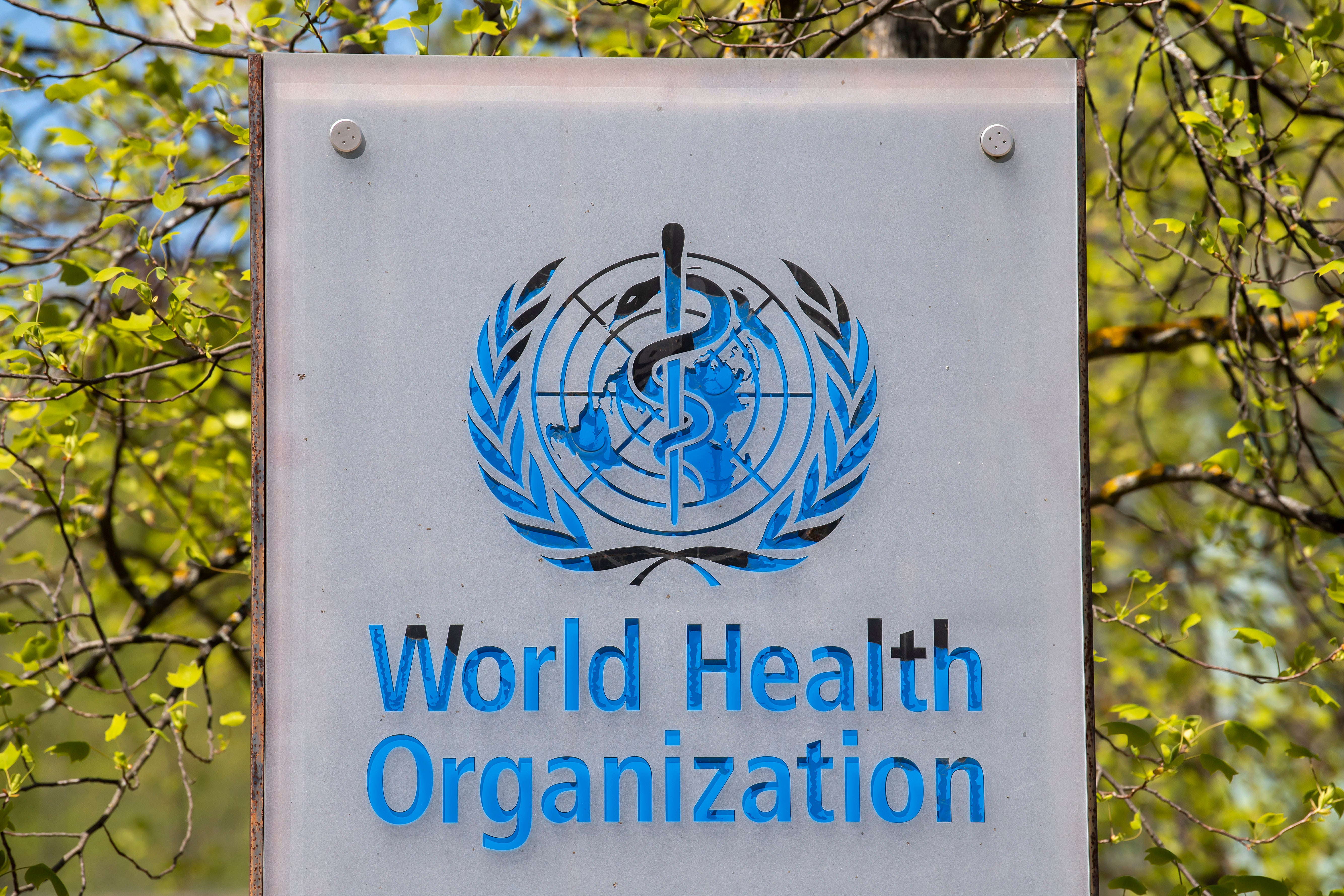WHO members eye pandemic preparation, as new variant emerges
The World Health Organization is opening a long-planned special session of member states to discuss ways to strengthen the global fight against pandemics like the coronavirus, just as the worrying new omicron variant has sparked immediate concerns worldwide

Your support helps us to tell the story
From reproductive rights to climate change to Big Tech, The Independent is on the ground when the story is developing. Whether it's investigating the financials of Elon Musk's pro-Trump PAC or producing our latest documentary, 'The A Word', which shines a light on the American women fighting for reproductive rights, we know how important it is to parse out the facts from the messaging.
At such a critical moment in US history, we need reporters on the ground. Your donation allows us to keep sending journalists to speak to both sides of the story.
The Independent is trusted by Americans across the entire political spectrum. And unlike many other quality news outlets, we choose not to lock Americans out of our reporting and analysis with paywalls. We believe quality journalism should be available to everyone, paid for by those who can afford it.
Your support makes all the difference.The World Health Organization is opening a long-planned special session of member states to discuss ways to strengthen the global fight against pandemics like the coronavirus, just as the worrying new omicron variant has sparked immediate concerns worldwide.
In the wake of diplomatic wrangling, a draft resolution at the special World Health Assembly stops short of calling for work toward specifically establishing a “pandemic treaty" or “legally binding instrument” sought by some, which could beef up the international response when — not if — a new pandemic erupts.
European Union member states and others had sought language calling for work toward a treaty, but the United States and a few other countries countered that the substance of any accord should be worked out first before any such document is given a name. A “treaty” would suggest a legally binding agreement that would require ratification — and would likely incur domestic political haggling in some countries.
Britain s ambassador in Geneva Simon Manley, tweeted a copy of the draft text that was agreed by consensus — as required under WHO rules on such issues — and praised Chile and Australia for their work as co-chairs.
“The #Omicron variant shows yet again why we need a common understanding of how we prepare for and respond to pandemics, so we’re all playing by the same rules," he wrote.
The draft makes no reference to the word “treaty” but, among other things, calls for the creation of an “intergovernmental negotiating body” among WHO member states to work out a possible deal to improve pandemic prevention, preparedness and response.
The three-day, largely virtual meeting that opens Monday amounts to a long-term approach: Any U.N.-backed agreement is likely to take many months, if not years, to be concluded and come into effect.
But it comes as many countries have been scrambling to address the emergence of the new omicron variant that has led to travel bans across the world and sent tremors through stock markets on Friday.